TSV 1860 Munich wants to return to the top of German soccer after years of turmoil under Hasan Ismaik's rule.
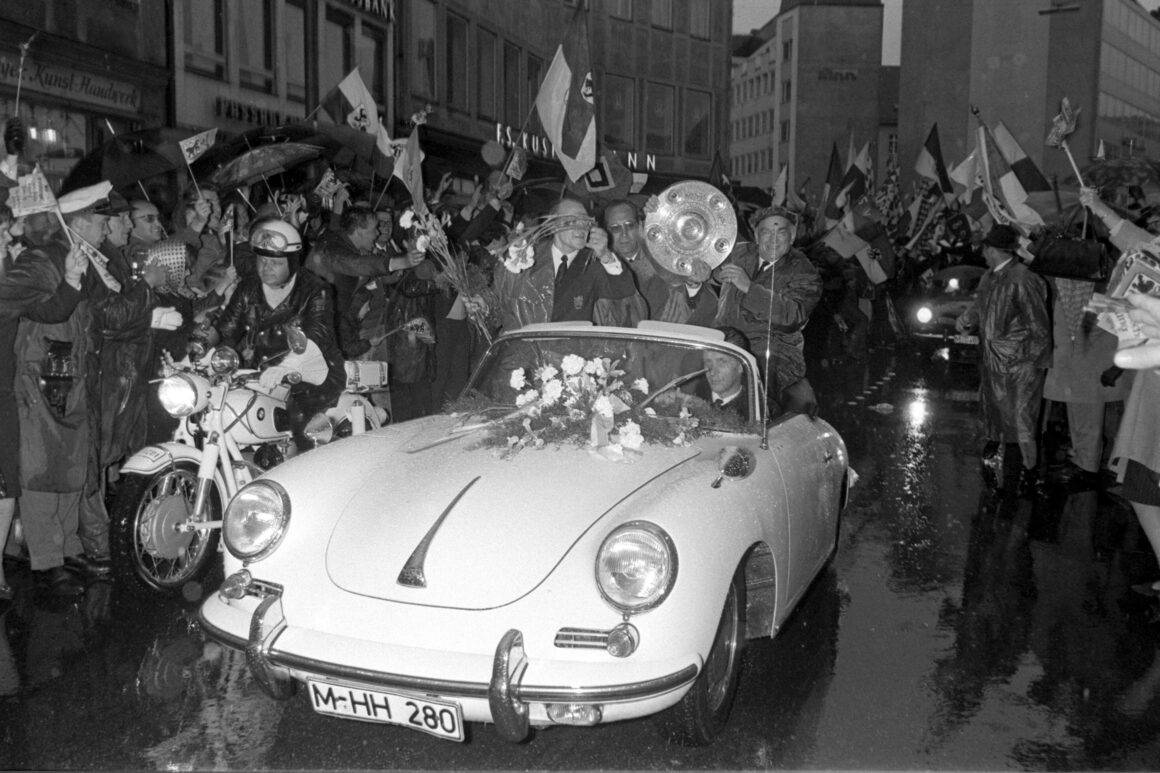
A return to 1860
By Nahuel Miranda.
The history of TSV 1860 Munich is the story of thousands of fans. Thousands who watched them and thousands who wanted to be like them. Some, like Franz, were so good at soccer that they could dream of becoming one of their idols. At a youth tournament, he was noticed by both 1860 and Bayern. Franz was about to join TSV, but a fight in a match against his future teammates led him to change his mind. And with him, two of his most illustrious friends: Sepp and Gerd. Franz is Beckenbauer, of course. And Sepp and Gerd are Maier and Müller. 1860 had hundreds of fans, but failed to look after the most special of them all.
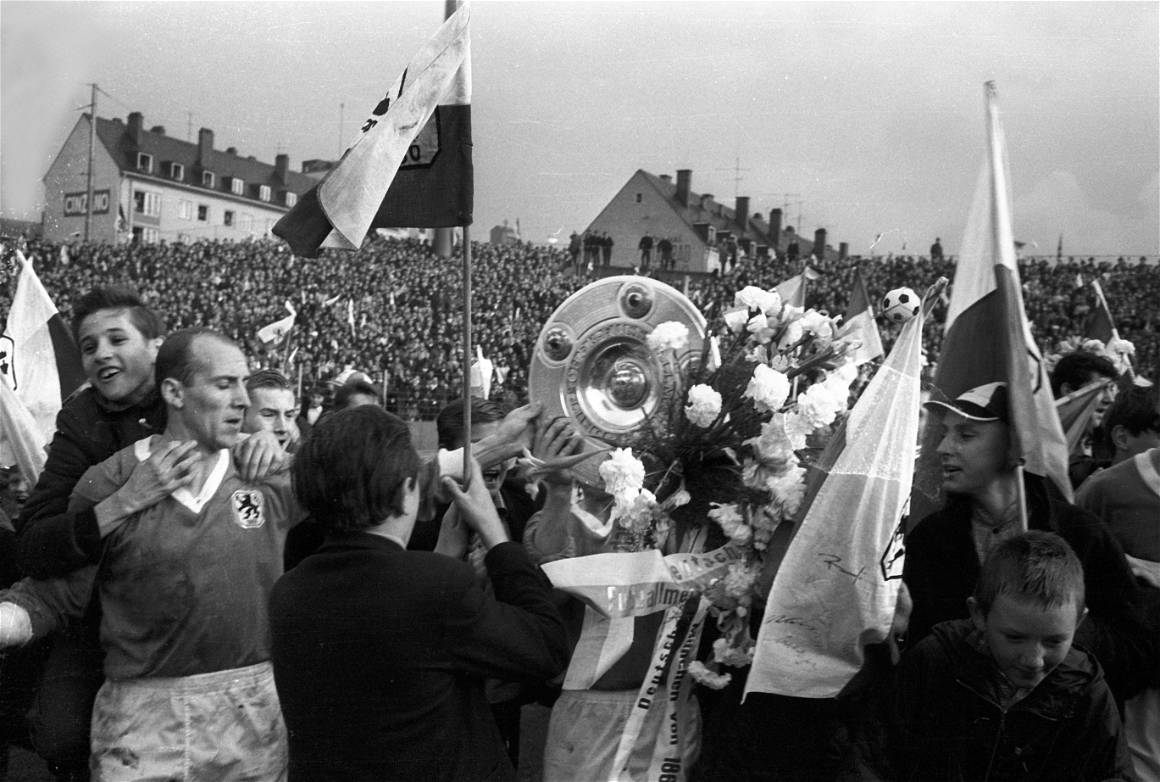
Bayern didn’t even play in the first ever Bundesliga; 1860 represented the city in the first unified championship in German soccer history. With Beckenbauer on the other side of town, that would be short-lived. The five-time European champion and tyrant of German soccer was one day a minor player in his own city. He even had to watch 1860 win their first Bundesliga title in 1966. From then on, Beckenbauer and his gang would put an end to the fun.
Bayern have barely left any room for a comeback in more than fifty years of Bundesliga football. Living off the crumbs left behind by the Bavarian giants was hard for the rest of us mortals, but imagine if that tyrant shared the city and stadium with you.
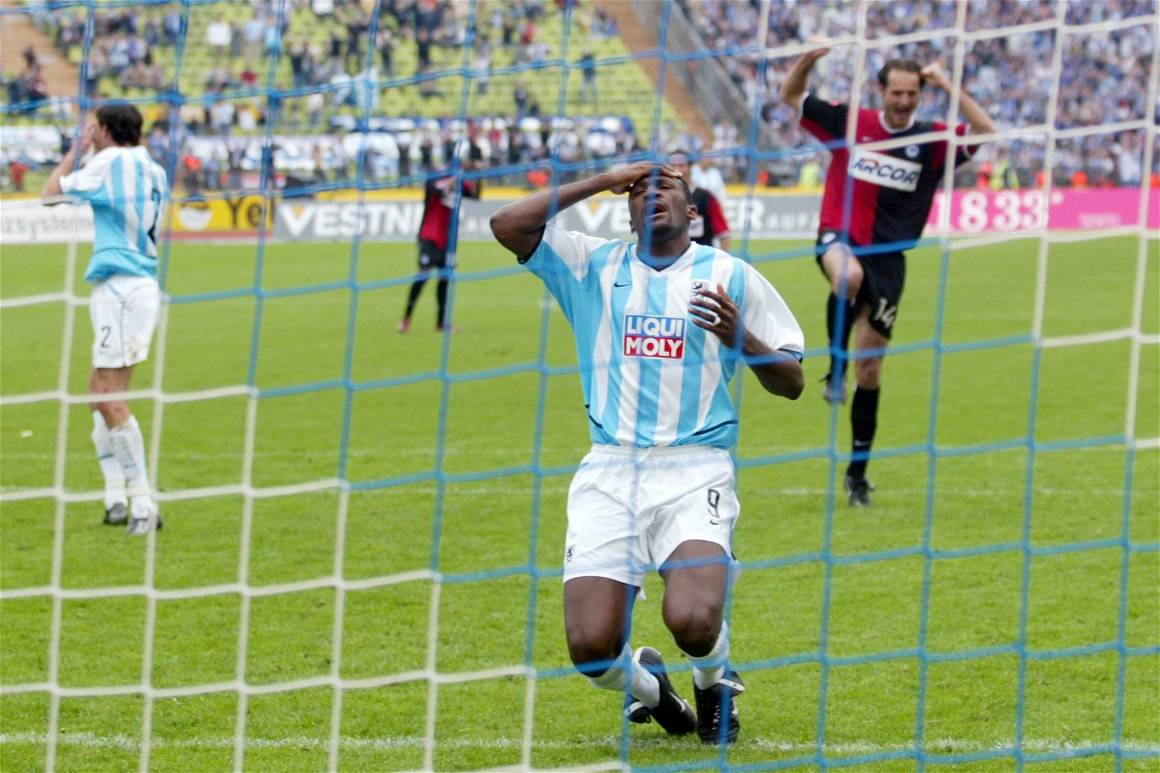
A NEW HOPE
Relegation in 2003/2004 marked the end of more than ten years in the Bundesliga and the beginning of 1860 Munich’s steep decline. The expectation for a club about to open the Allianz was to return to the top flight as soon as possible. However, after more than five years in the 2.Bundesliga, the 1860’s balance sheet was red and the club was settling into the middle class of the silver division. “The club was on the verge of insolvency in 2011, absolutely desperate because of its severe financial problems. So it saw in Hasan Ismaik its latest savior,” comments Isaac Lluch, correspondent in Germany for the daily Ara.
“In two or three years, we want to be back in the Bundesliga and we are even looking to compete at international level in the future.” The reality, however, would be different.
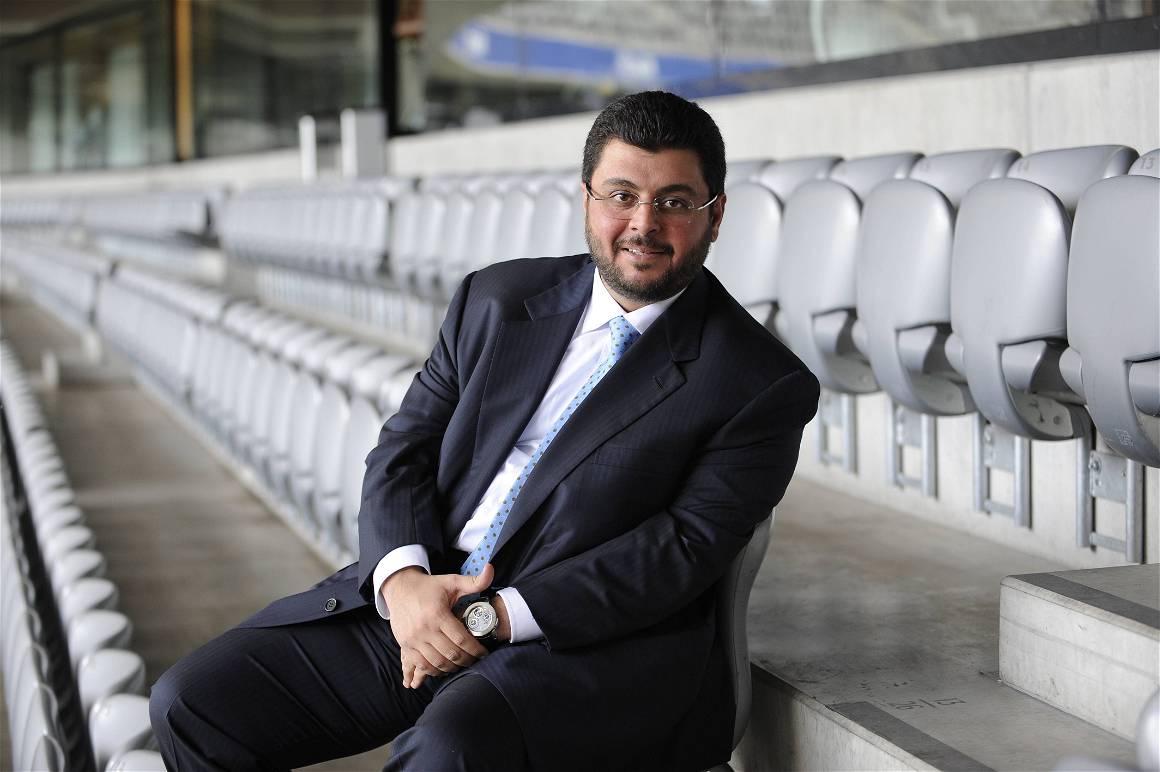
Ismaik was the first Arab investor to invest in German soccer. The DFL, the German championship’s regulatory body, approved the purchase of 49% of the club’s shares in March 2011. Even if the Jordanian businessman respected the 50+1 law – which does not allow any investor to acquire a majority stake in a professional club – he still owned virtually the entire club thanks to a somewhat hasty sale. “In two or three years, we want to be back in the Bundesliga and we are even looking to compete at international level in the future,” Ismaik declared as soon as he arrived. A slogan repeated on several occasions throughout his tenure. The reality, however, was different.
THE BEGINNING OF THE END
The arrival of Ismaik, a businessman with no knowledge of sports business, exacerbated the problems of a club that had been underperforming both in the office and on the field for too long. The club’s loss-making management could have been fixed with more money, and during the first three seasons with Jordanian money, the club was back in the top positions.
The 2014/2015 season, ten years after relegation, was to be the season of the return to the Bundesliga. The ‘Barça method’ was still in vogue, and the 1860 sports management decided to go for a game of touch. Three signings arrived from Barça B: Ilie Sanchez, Rodri and Edu Bedia. “They were promised that they were going to play a decisive role in the change that the team wanted to make towards a good game with the ball and with the aim of climbing to the First Division in the fast lane. Everything was a disappointment. Neither the coaches’ approach to the game was offensive, nor was the team more than capable of avoiding relegation to the Third Division,” says Lluch. The Lions would end up being saved in the relegation play-off. It was the first warning sign for a project that was falling apart.
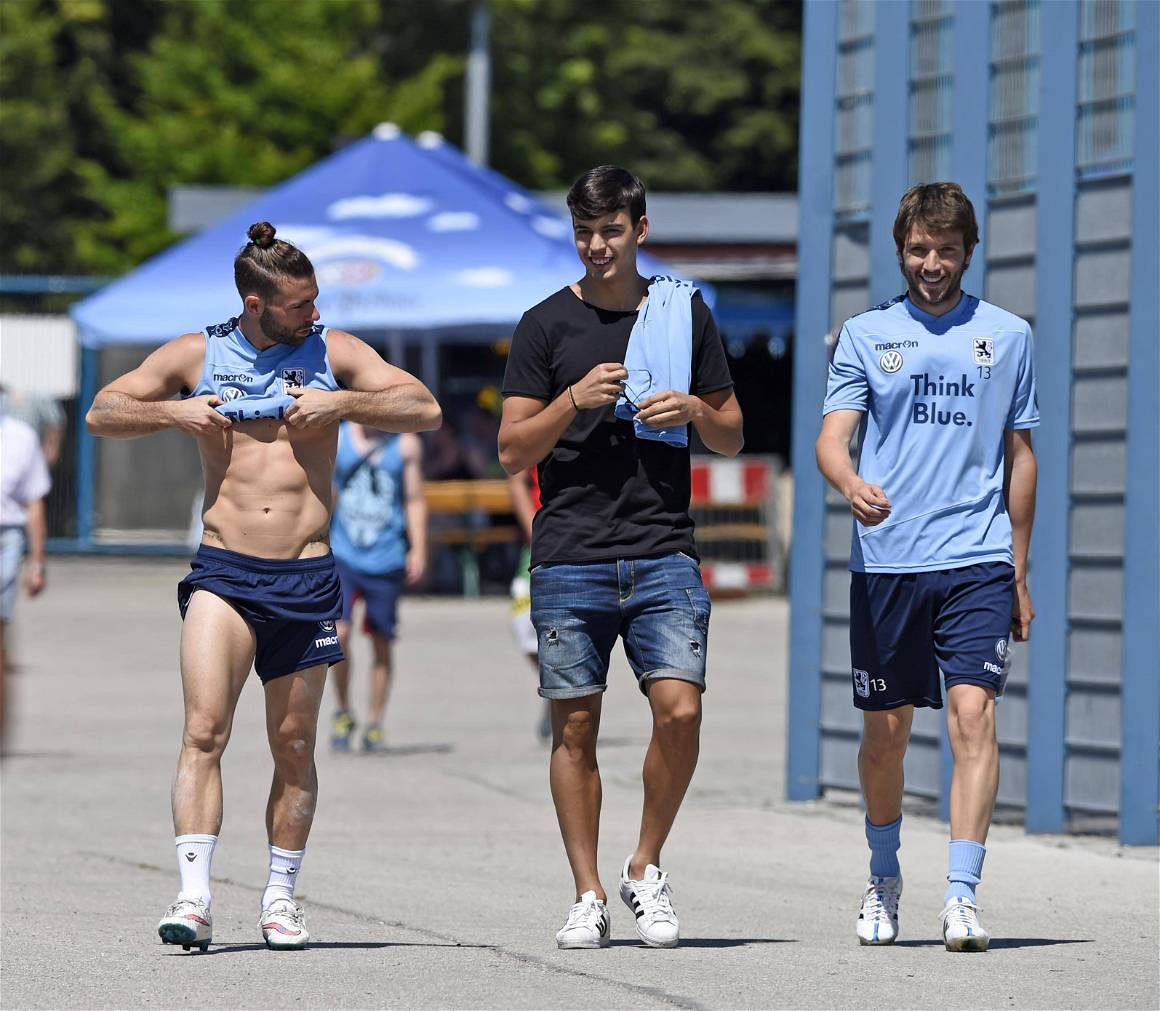
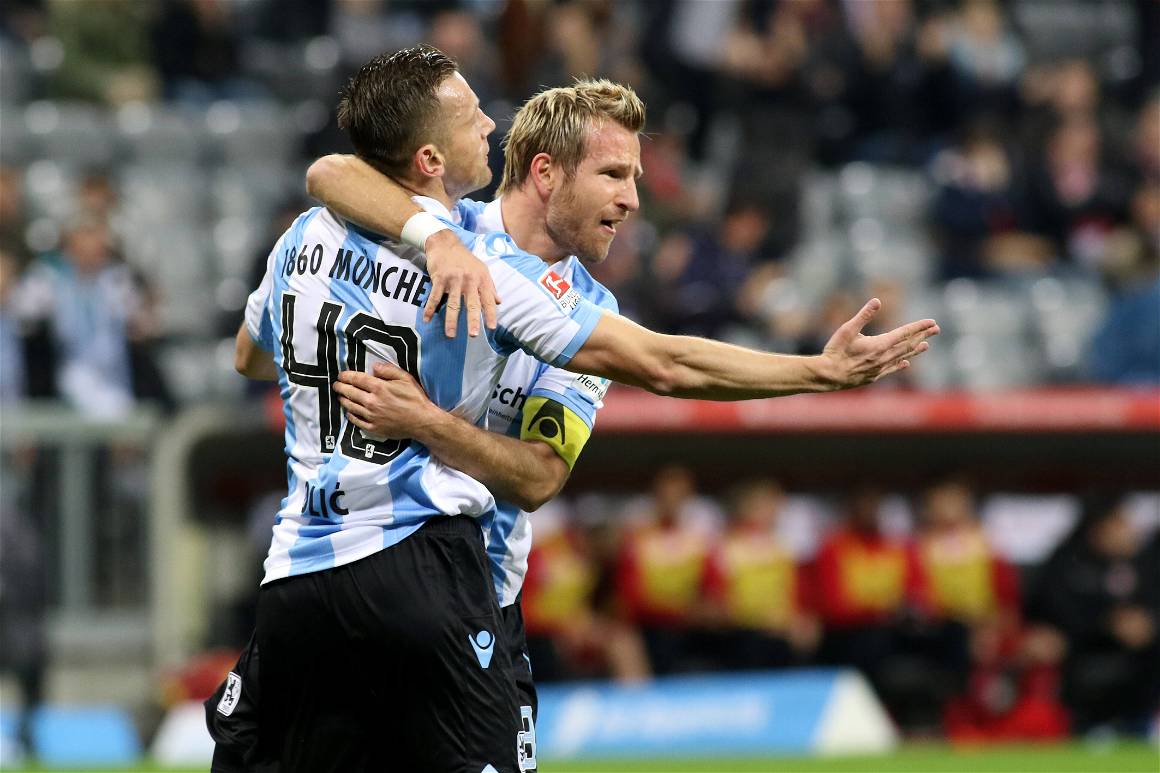
The following season, TSV would only finish 14th, and a new turnaround was planned. The winter signing of Ivica Olic was joined by other veterans such as Stefan Aigner, Sascha Mölders and Sebastian Böenisch. On the bench was a former Porto, Fenerbahçe or Olympiakos player, the Portuguese Vitor Pereira. The project was changing again.
The stability of 1860 had long been in question, and the 16/17 season would unleash chaos. Relegation in the play-off against Jahn Regensburg in front of 62,000 fans in the Allianz seemed to be the coup de grace. During the match, cries can again be heard calling for Ismaik’s resignation. “Since 2004, the year of relegation from the first division, the club has undergone 15 changes of coach, nine different presidents and seven general managers. There is no entity that can withstand that,” said Lluch. The following hours would be critical for the future of the entity.
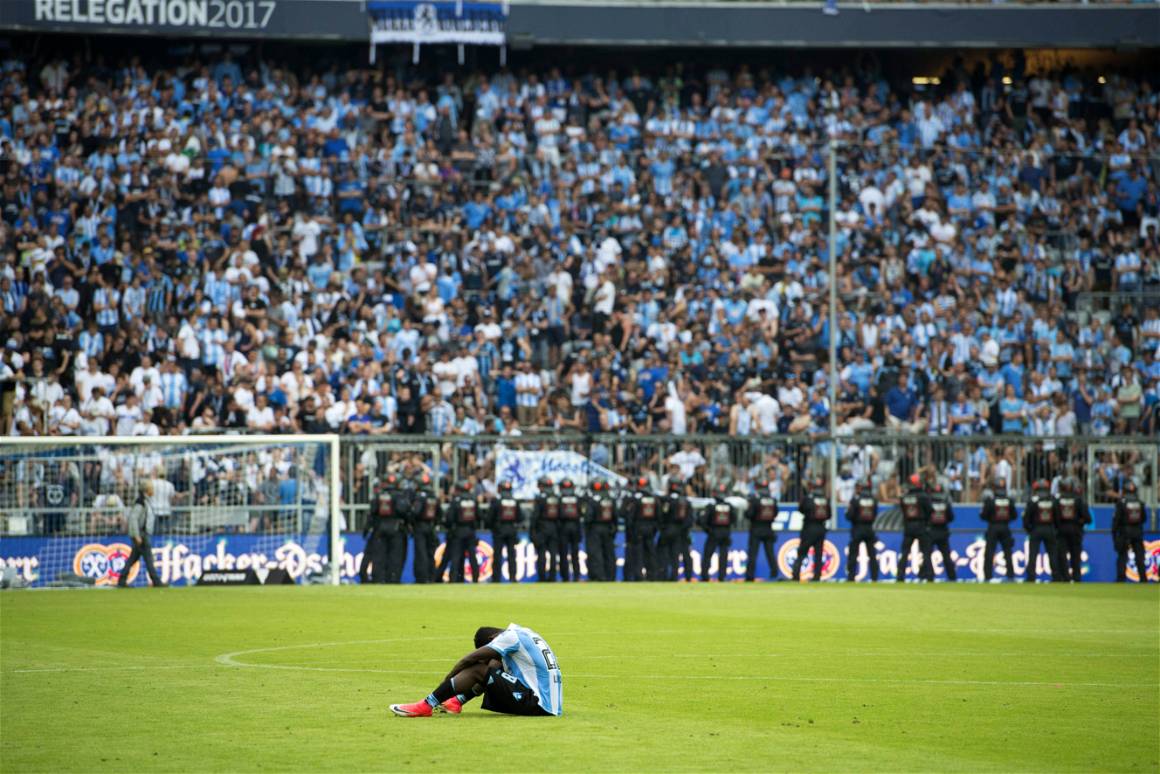
AROUND THE 50+1
German soccer does not seem to be the best place to gamble on an investment. Just ask RB Leipzig, which has been subjected to countless restrictions since its arrival in the professional ranks. Ismaik “always wanted to intervene more than he could. Ismaik was tired of paying and not being able to decide on everything,” in Lluch’s words. After relegation, the top shareholder took legal action against one of the elementary rules of German soccer: the 50+1. Ismaik had to pay 11 million euros to register the team in the 3. Liga. The businessman made it a condition for further investment that the German Football Association would allow him to extend his control of the club by means of a capital increase. The answer was a resounding no, which meant a new relegation and the exit from professionalism of a team that just a few days earlier had filled the Allianz Arena in the return leg of the play-offs. Lluch points out that “the club has not been well managed either in sporting or financial terms”, and there are few cruder ways of demonstrating this than a relegation on the pitch and another in the offices in less than a week.
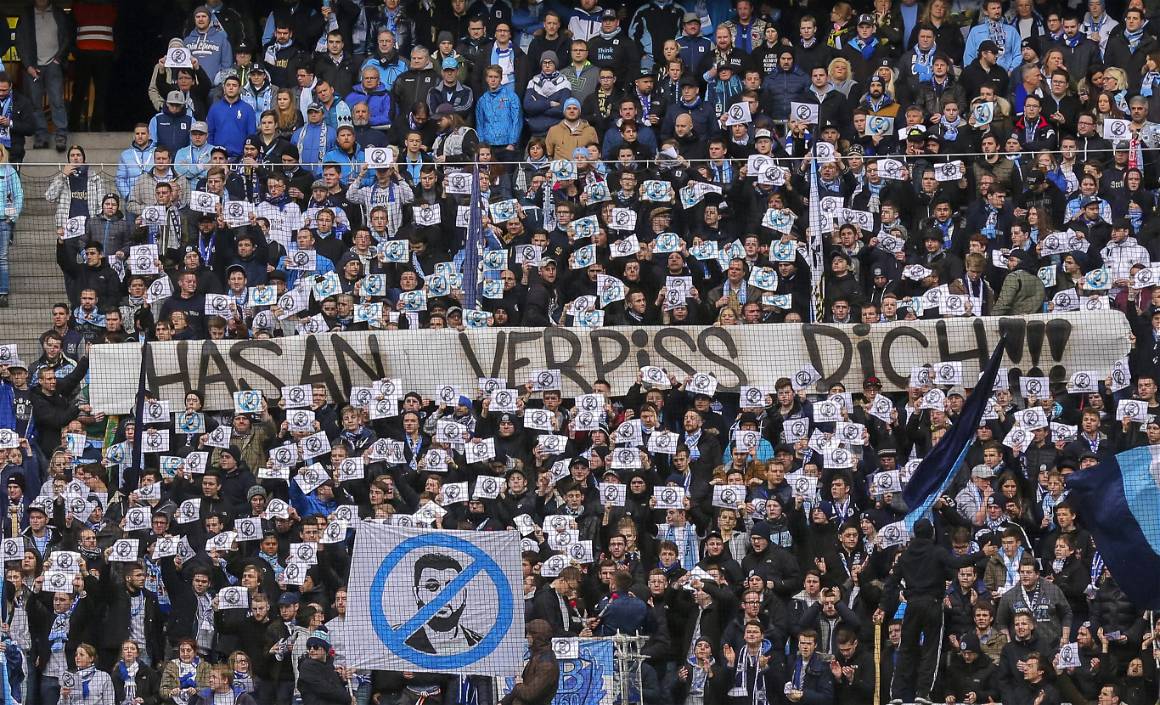
According to figures from the regional daily TZ, the Jordanian manager invested around 70 million euros during his six seasons at the helm of a team that never made it out of the Bundesliga. Ironically, the team was relegated in the season in which the owner invested the most money. Ismaik’s initial intention is to keep his shares, due to his “emotional attachment to the club”, but to hold back the investment until a solution to his problems with the 50+1 is found.
The Jordanian investor’s helplessness opened a debate. How effective is the 50+1 rule? The rule that was intended to protect German clubs from foreign investors using them as playthings passed Ismaik’s roadmap, and now the club was thrown into the Regionalliga. A debate that is otherwise recurrent in the Bundesliga’s day-to-day business. On the one hand, the 50+1 guarantees the relationship between the club and its fans. On the other hand, critics see it as an obsolete model, which is causing the championship to lose weight in the European concert and Bayern to dominate the league with an iron fist. Ismaik has even threatened to refer the decision to the Hague Court, as he considers the rule to be anti-competitive and “a farce, a rule that does not protect German soccer, but rather harms it”. It is, in any case, a debate with two seemingly irreconcilable positions.
A RETURN TO THE ORIGINS
The 1860 saw how in 2017/2018 they would play against those who were the rivals of their subsidiary the previous season. The contracts of most of the players lost their validity with the relegation, the youth team lost its place in the Regionalliga and the club’s battered finances were coupled with the virtual disappearance of the “TV money”.
It was time to get back on its feet. The Lions left the Allianz, which always seemed to be too big and too cold, to return to the old Grünwalder, which seats just over 12,000 spectators. Without the Jordanian money, the club had to cope with the added relegation debt of around 5.5 million euros. A debt made easier to deal with by the 26 million euros that Bayern paid to its neighbors for giving up its concession to rent the Allianz.
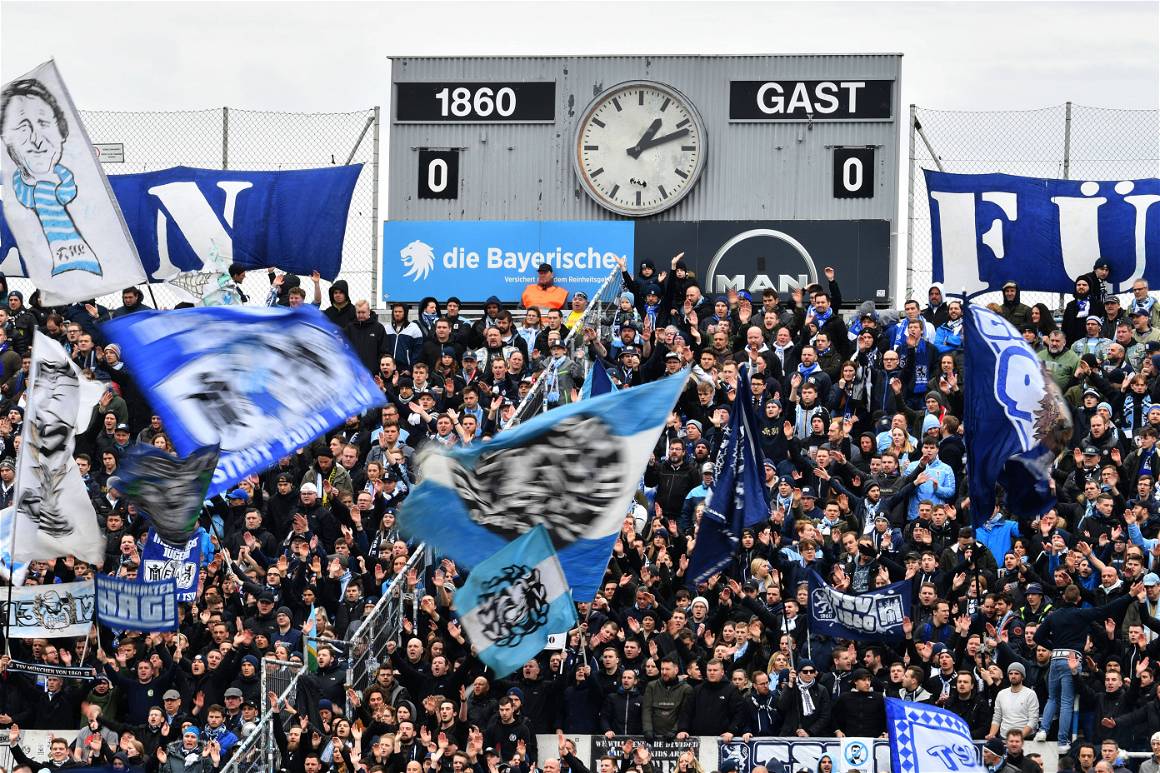
The return to the Grünwalder would be against Wacker Burghausen, representing a town of less than 20,000 inhabitants. And the fans responded in spite of everything. TSV has put up a “no tickets” sign for the entire season. All sponsors confirmed their support despite the relegation. In the midst of the chaos, the club sees an opportunity to grow again. “It looked like the decisive match to go up to the First Division, and it was only their debut in the Regionalliga. The fans have understood that the team needs them, and this, in such a traditional club, has become an unconditional support. A representation that the fans love the club until the end, no matter what category they play in,” says Luis Vallejo, a journalist for The Goal Ponit who experienced a historic moment on site. “To enter the Grünwalder is to feel history at first hand. It gave me goose bumps. I felt like I was walking into a stadium from the 1980s,” he says.
Perhaps that is one of the keys to the new 1860, the undisputed leader of the Bavarian Regionalliga group. To qualify for promotion, TSV will have to win their group and play a play-off against another regional champion. Only in this way, through a play-off like the one that triggered the hecatomb, will they be able to return to national soccer. A return to its origins, a return to its lost identity may be the formula for a return to the club that Franz, Gerd and Sepp dreamed of defending.
Passionate about the ability of soccer to transport us to other countries and other times, check out Panenka Magazine for more ace articles and football stories about outside of mainstream media.


